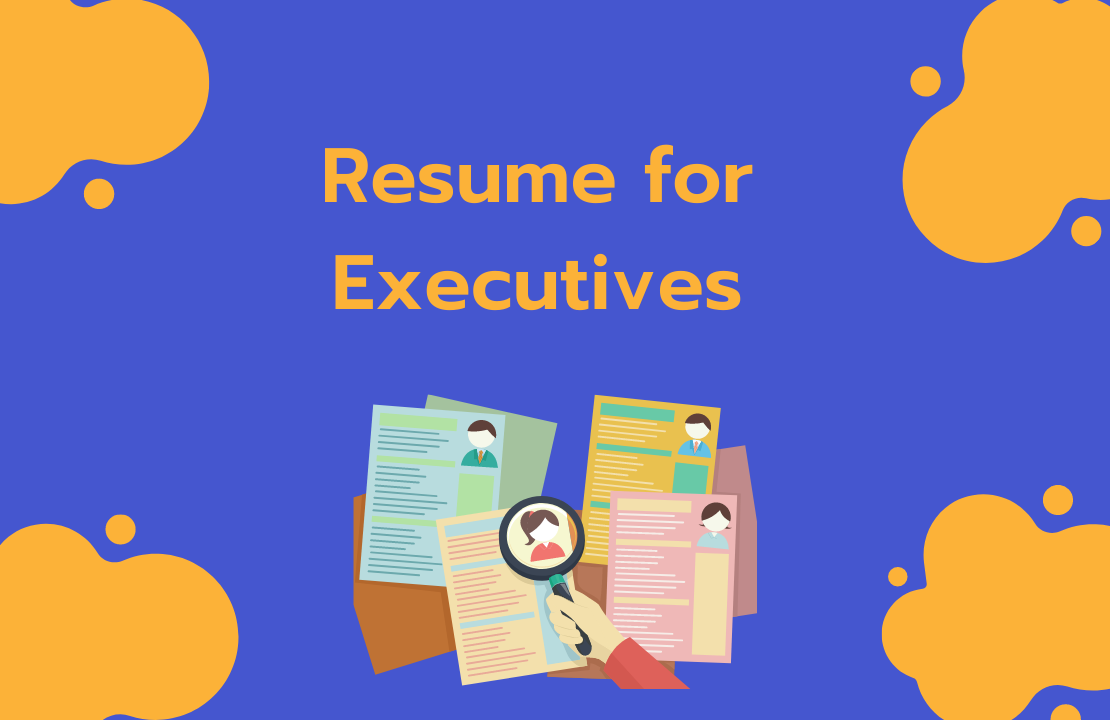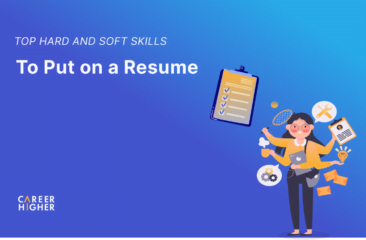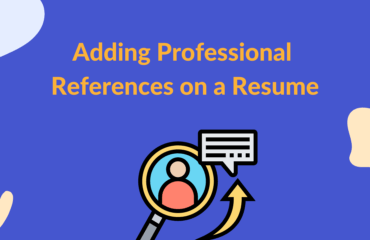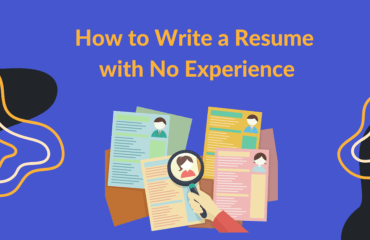Table of Contents
As an executive candidate, your competition is high and the margin for error is narrow. Being successful in securing an executive position requires flawless personal branding, including a high-quality resume. With this in mind, here is how to create a winning resume.
Focus on relevant value
It is challenging yet crucial to limit your experience to two pages. Adding targeted, relevant information makes it easier for recruiters and hiring managers to identify and evaluate your achievements and capabilities. We suggest deciding what’s relevant based on your target jobs.
For example, if you are applying for a director’s role in a marketing agency, you should detail marketing roles and cover non-marketing roles at a high level. Also, if you have more than 10 years of experience, you should focus on the roles held in the last 10 years and briefly mention older roles. You can do this by adding two sections:
- Professional experience: highlighting your most recent and relevant experience
- Additional experience: including older and irrelevant roles
Highlight soft skills
Soft skills play a crucial role in an executive resume, as they are the backbone of good leaders. Instead of listing each and every soft skill, be intentional. Start by identifying requirements, think about how you satisfy these, and present your top strengths backed by achievements. This way, you connect your soft skills to real value. While every job requires different skills, here is a list of soft skills typically needed for senior leaders:
- Senior leadership skills
- C-suite-level communication skills
- Change management
- Strategic thinking
- Effective decision making
- Emotional intelligence
Add a compelling summary
An eye-catching summary can get the attention of your audience, making them interested in your application. Equally, generic and vague content is likely to disengage recruiters. Here is how to summarise your experience, expertise, and skills, highlighting what you bring to the table.
- Highlight your expertise and experience in relation to your target jobs.
- Use powerful adjectives that showcase your personal brand.
- Use relevant keywords that reflect your strengths.
- Aim to write five to six sentences – don’t make it too long or short.
- Use a consistent, professional, and industry-specific narrative, tone of voice, and language.
Summarize education
Adding an education section in an executive resume is optional as recruiters focus more on your experience. Yet, we advise you to demonstrate your higher education, especially if you hold an advanced degree. However, make sure you place the section towards the bottom of the document and keep it brief:
- Add your university and program
- Add a grade if this is exceptional
- Don’t add dates to avoid ageism
Tips for an executive resume
Some other common resume tips to optimize your job search results include:
- Structure your resume based on industry standards
- Use best-practice formatting
- Add the right keywords
- Use strong action verbs
- Use effective language and tone of voice
- Add voluntary experience and professional certifications if relevant
Resumes can be important for your executive job search. A well-written resume helps in demonstrating your competence in your target role, bringing you a step closer to your dream job. Thus, make sure your resume is effective, high-quality, and customized for your target job. If you need any support, we are here to help you.











